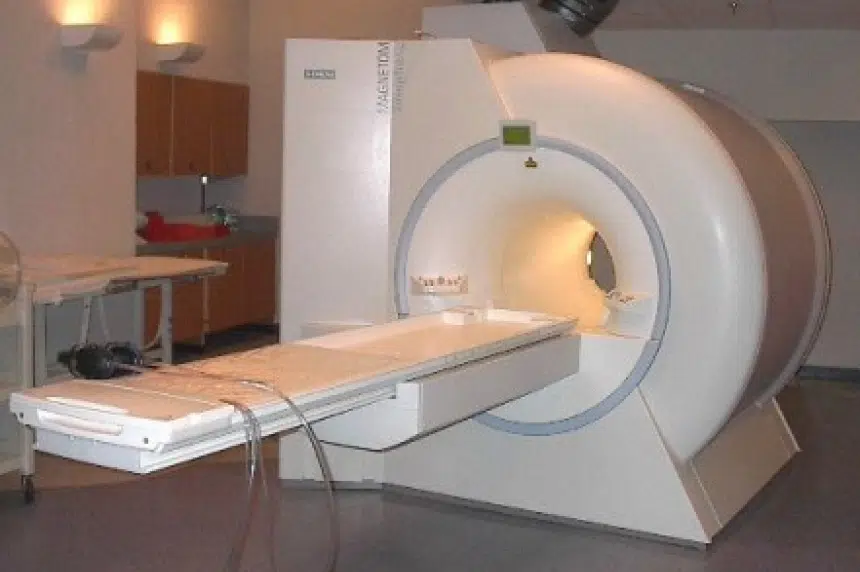Saskatchewan opposition leader Ryan Meili is raising some concerns as the province attempts to tackle growing MRI wait lists by opening a new private clinic.
According to the Sask Tenders website, a $14 million contract was awarded to Mayfair Diagnostics, a Calgary-based company that operates two private clinics in Regina, to build a new “community” clinic in Saskatoon.
Meili has been critical of the province’s current MRI system, saying a lack of machines is one of the issues that has seen the wait list balloon from roughly 5,000 people in 2015, to more than 10,000 in June of 2019.
“When you have parallel private systems, you (don’t) suddenly magically have twice the lab techs, twice the radiologists (and) twice the number of people around. So you draw people away from the public system so your lines actually get longer in the public system,” Meili said earlier in the week.
Under the current “two-for-one” system, diagnostics tests can be provided by private clinics for a person willing to pay as long as the same services are provided to somebody on the public wait list.
Meili believes the private sector offering the scans is driving up demand for public scans.
Health minister Jim Reiter doesn’t agree.
“I just don’t buy that; it’s simple math,” he said.
“This is one tool to help and I think it’s still a tool to help. Over the last three years, we’ve had 2,300 MRIs done through the two-for-one system. Because it is two-for-one, they’ve also paid for one in the public system so that’s 4,600 more MRIs that would be on the wait list right now if we didn’t have this program.”
The long wait list is just one of Meili’s gripes. He believes the province was politically motivated to award Mayfair the contract, claiming local providers should have been awarded.
Mayfair donated $2,000 to the Saskatchewan Party in 2017 and has lobbied some Saskatchewan MLAs.
“There’s some sketchiness, for lack of a better word, when it comes to their selection of who’s going to run (the clinic),” Meili said in an interview Friday.
“They do the public tenders, but they always seem to find a way to have projects – whether it’s a hospital, a road, or a school, or this new MRI machine – going to companies that donate money to them and that are located out-of-province.”
According to Meili, a local bid from a Saskatoon group of radiologists was rejected by the province.
He also has no confidence that much of the work will take place in Saskatoon, saying the majority of the scans will be sent to Calgary to be read by Calgary radiologists.
“Instead of the doctors right here in Saskatoon who pay taxes, buy houses, live here – you have this getting shipped off to Calgary,” Meili said.
The province’s controversial MRI system is also garnering the attention of the federal government. A deadline of April 1 hangs over the province as that’s when all provinces and territories must comply with Health Canada’s diagnostic services policy. Failure to comply with the policy will result in Ottawa taking the money charged to patients and having it removed from federal transfer payments dollar-to-dollar.
Those penalties start accruing in March 2023 for the 2020-21 fiscal year.
Reiter hasn’t yet committed to conforming to the policy by April 1.











